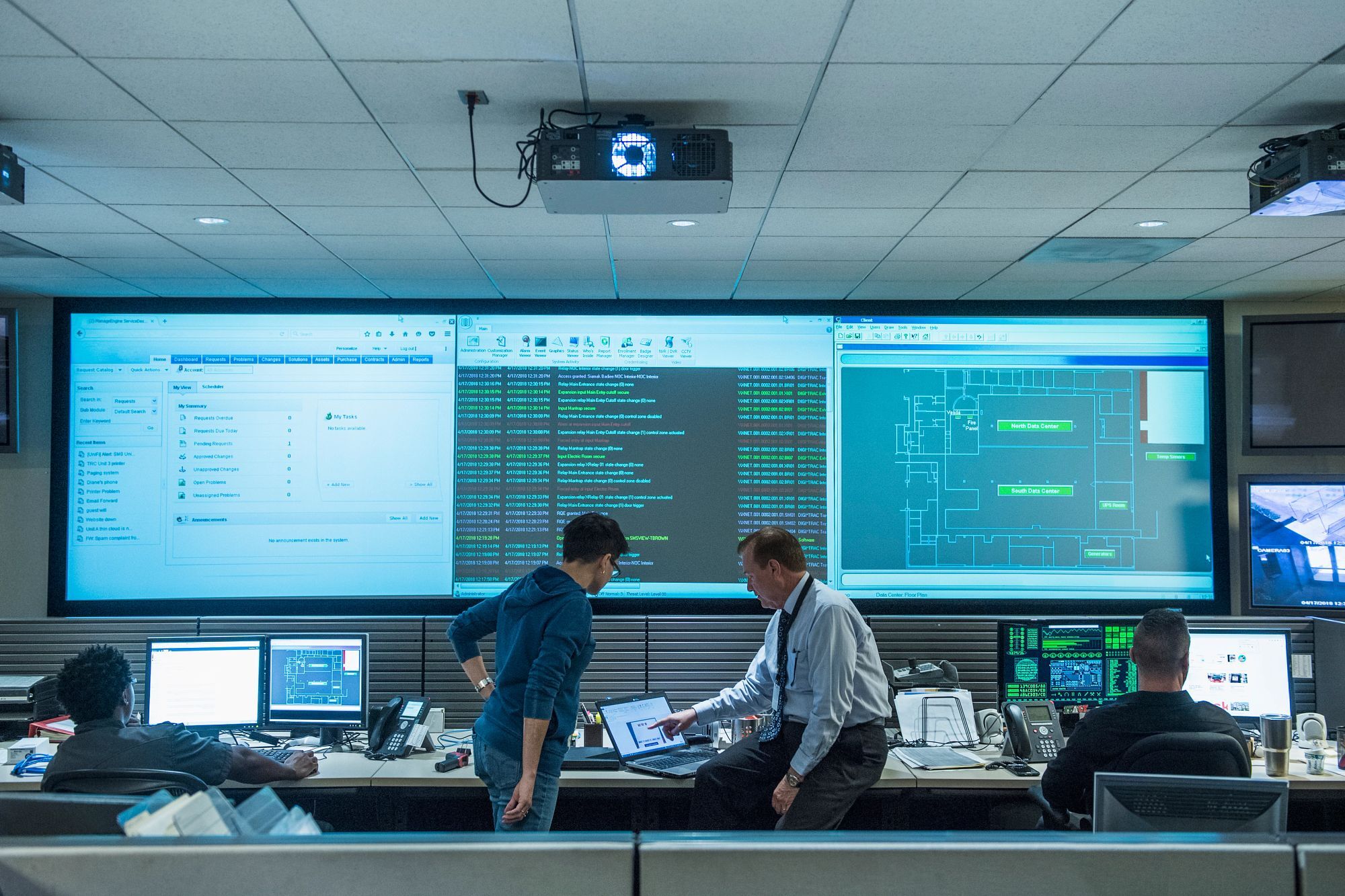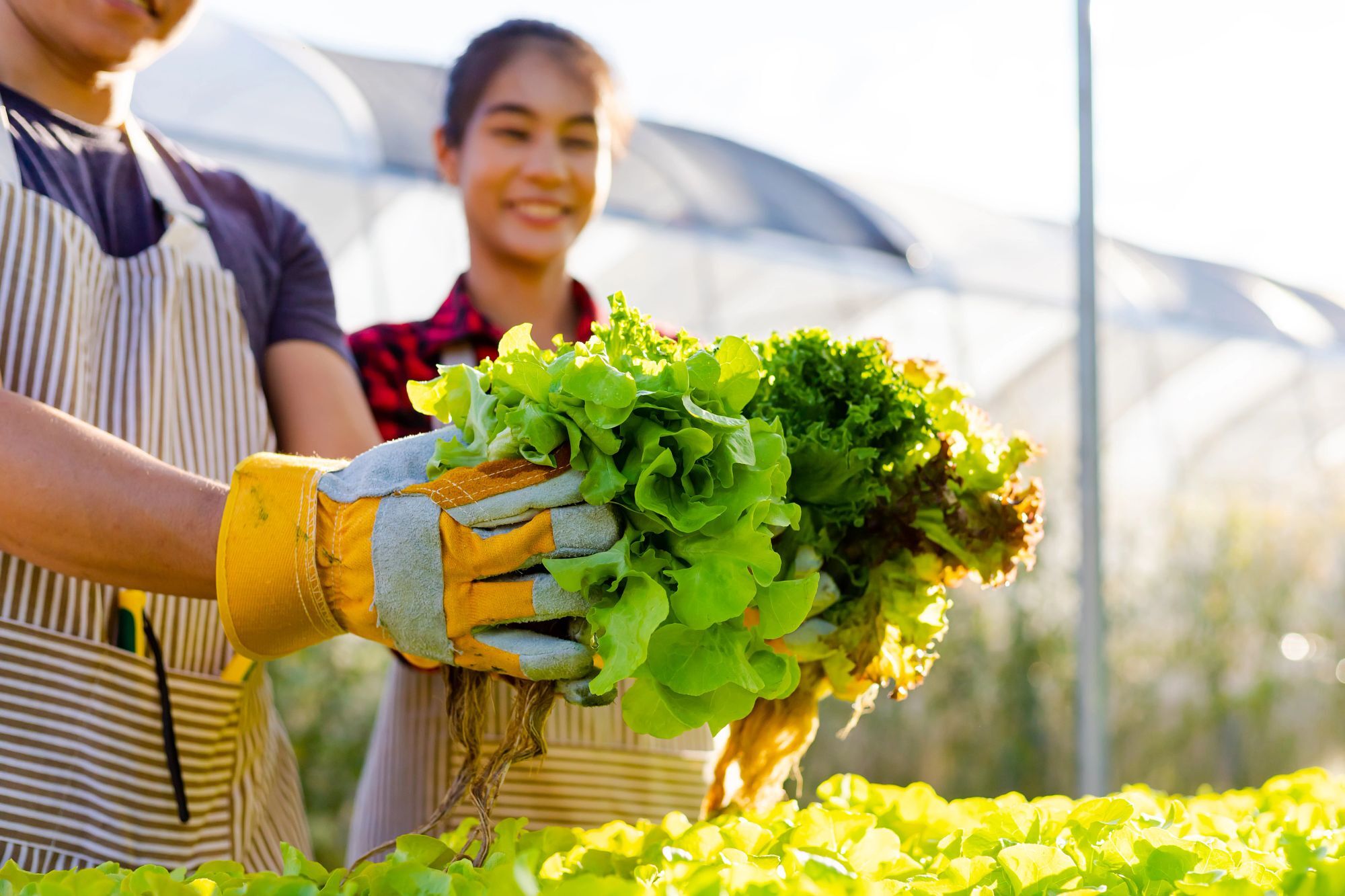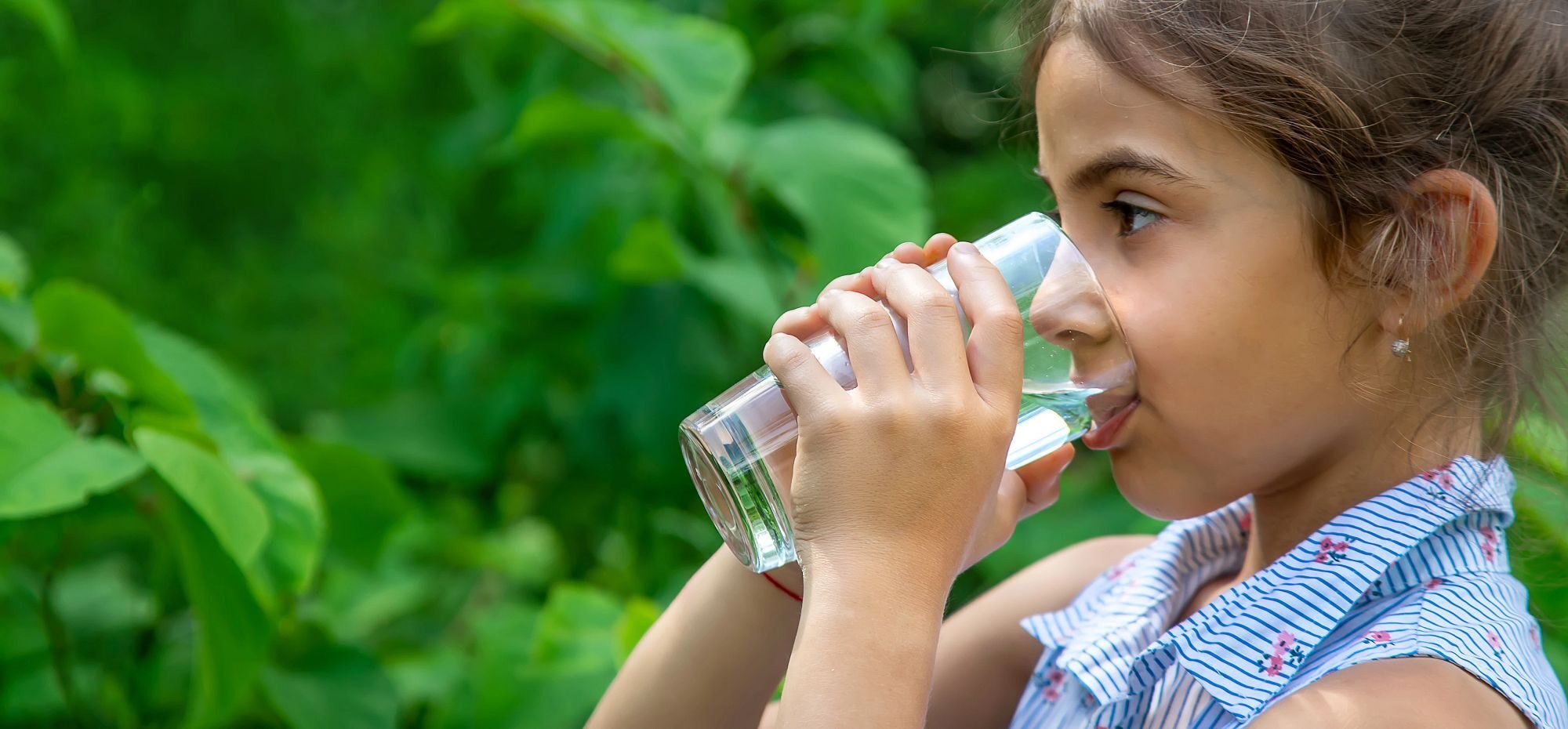Composting
Composting is a natural way to turn common household items like kitchen scraps and dried leaves into nutrient-rich material that can be used in gardens. In nature, decomposition occurs naturally but can take many years to complete. Home composting is a way to speed up the process by creating the ideal conditions for natural materials to break down. NSF has these composting tips on how to get started and more!
What can I put in my compost?
You need two kinds of materials to create compost: greens, which are rich in nitrogen, and browns, which are high in carbon. A suggested ratio is two parts brown to one part green (by volume) , for example two compost bags of dried leaves and one compost bag of grass clippings, or two buckets of shredded newspaper and one bucket of vegetable peelings.
Green items, which aren’t always actually green, include:
- Chicken/rabbit/goat/horse manure
- Vegetable and fruit scraps or peels
- Whole fruit or vegetables (no seeds or pits)
- Coffee grounds
- Used tea leaves
- Grass clippings
- Freshly clipped garden waste (no seeds)
Brown items, which aren’t always brown, include:
- Dried leaves
- Straw
- Sawdust
- Wood chips and small twigs
- Shredded newspaper (soy ink)
- Nut and egg shells
- Dried pine needles
- Corn stalks
- Used coffee filters or tea bags
Items that should not be placed in your compost include those that contain oils, grease or fats, as they can attract vermin, or synthetic materials, which take too long to break down or are harmful to growing food:
- Meats
- Cheeses
- Bones
- Gravy
- Dog/cat waste
- Charcoal briquettes
How Decomposition Works
Decomposition is a natural biological process in which organisms such as bacteria and fungi break down organic matter into nutrient-rich material. Larger organisms like worms and insects digest larger plant matter and bacteria break down smaller matter in a process that creates carbon dioxide and heat. Compost material temperature can reach between 100-150°F as it is being formed. The hotter the pile, the quicker the decomposition.
How to Compost – Getting Started
- Two main compost container options: a) a simple circular or square bin with holes or b) a tumbler with a handle to circulate compost.
- Add compostable materials as they accumulate from your meals and yard work.
- Add items on the “good” list and avoid the “bad” list.
- Try to maintain a ratio of two parts brown to one part green waste by volume.
- Turn the compost pile as often as you can. The more browns and greens contact one another, the quicker they decompose. Turning the pile also helps circulate air, which is critical to the decomposition process.
- Keep compost damp, but not wet.
- Start a second pile if one pile becomes too large to manage or is nearing completion.
- Add compost to the garden a few weeks before planting. You can either mix it into soil or place it on top of soil.
- It takes about six months for materials to decompose, so starting in spring means you’ll have compost by late fall. To encourage quicker decomposing:
- Turn the pile frequently.
- Chop items as small as possible.
- Freeze kitchen scraps (this breaks down cellular structure making the content mushy).
How NSF Can Help You
Get in touch to find out how we can help you and your business thrive.

What’s New with NSF

GMP and Regulatory Compliance Virtual SupplySide Connect New Jersey Training
January 30, 2025
NSF Granted Reauthorization as a CMMC Third-Party Assessment Organization
January 8, 2025
Sustainable Foods Summit 2025
January 2, 2025